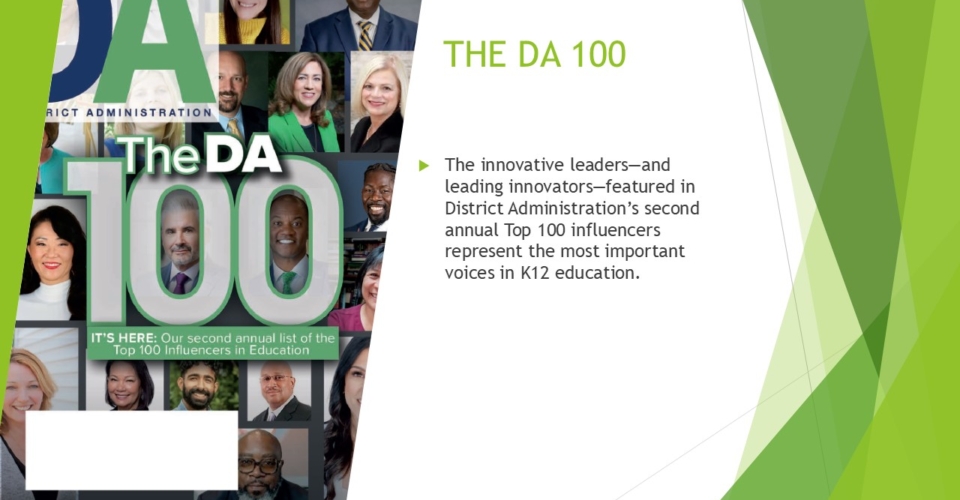New research reveals ideological disconnects between school boards and the communities they serve. Is it time to reform school board elections?
Although the majority of school board seats are formally nonpartisan, 88% of school board members identify or lean toward one of the two major political parties, according to new survey data from the Thomas B. Fordham Institute, an education reform think tank.
The research suggests that roughly 41% of board members identify as Democrats, compared to 43% of U.S. adults nationally; 47% lean Republican, compared to 45% of the general public.
While these figures make it clear that boards reflect the political leanings of the country, their priorities often skew from the top-of-mind issues important to their constituents. For instance, U.S. adults are more likely to see teachers’ unions as a positive force (43%) than are school board members (37%).
School boards are also more likely than the general public to give their schools an A or B grade. Relevant to current federal policy, only 29% of school boards support charter schools, compared to 45% of the wider population.
“Only about half of school board members hold positions on polarizing issues that match the positions of the dominant party in their districts,” the report reads, “but enrollment-weighted estimates show that the majority of students are represented by board members with views that align with local politics.”
Due to scattered participation in school board elections, members may feel less accountable as community dissatisfaction intensifies, resulting in a “combustible combination” in an era of increased political polarization.
The authors recommend several reforms for education leaders and those with strong connections with their local and state policymakers:
- School choice campaigns must anticipate resistance from school boards, even when local demand is strong.
- Holding school board elections in November and even-numbered years (at the same time as major national elections) could make the process more democratic.
- Candidates should be more transparent about their views on district performance and what needs to change. Similarly, local ed-reform advocates and media should pay more attention to who is running and their viewpoints on hot-button education issues.
“More politics and transparency might sound like a strange prescription for our polarized and noisy time, but it may just be the cure for a system that has become unrepresentative, unresponsive, and unwilling to embrace change,” the report reads.
More from DA: Ranking the nation’s best school districts



